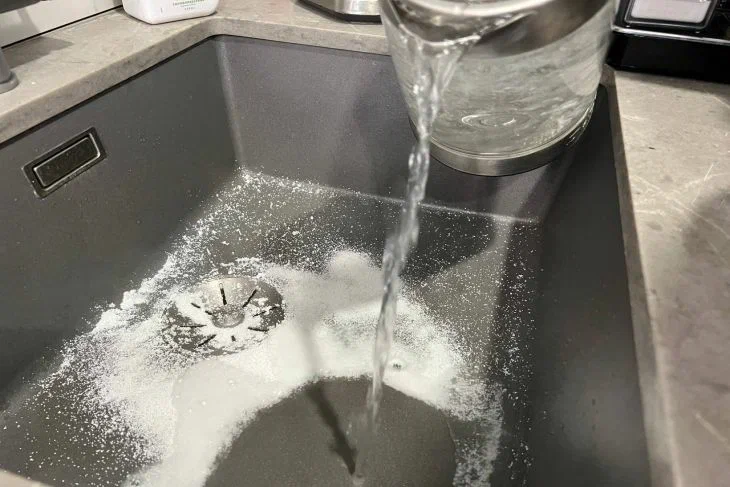You've cleaned the sink, wiped down the stove, and thrown out the trash, but the musty smell in your kitchen remains?
The culprit is an invisible enemy hiding in your... cutlery trays.
Yes, plastic containers with compartments for forks and spoons are the perfect breeding ground for bacteria.

Food particles get stuck in corners, and moisture from dishes creates a greenhouse effect. The result is mold, which poisons the air and damages health.
The solution is simple: once a week, soak the trays in boiling water with baking soda for 20 minutes.
For hard-to-reach crevices, use a toothbrush. Or better yet, replace plastic with metal organizers: they don’t absorb odors and are easier to clean.
Another source of problems is wooden cutting boards. Microbes penetrate deep into the fibers, and even thorough washing does not help.
Wipe down boards with hydrogen peroxide after each use and store them upright to dry.
You've scrubbed every corner, but the damp smell still lingers in the air? The problem may be your dish sponge. It becomes a breeding ground for bacteria after just three days of use.
To extend its life, soak the sponge in a solution of vinegar and water (1:2) for 10 minutes every evening, then dry it on the radiator.
Or replace it with a silicone one - it can be boiled and washed in the dishwasher.
Another hidden enemy is the rubber seals in blenders and multicookers.
Food particles get stuck underneath them, creating an ideal environment for mold. Disassemble the equipment after each use, wash the gaskets with soda and vinegar. And for prevention, once a week run an empty multicooker in the "steam" mode with citric acid.
